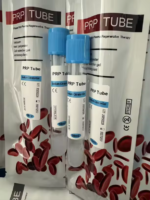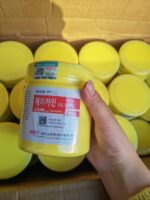Greater Potency: Compared to over-the-counter (OTC) competitors, dermatology-grade treatments frequently have a far higher concentration of active chemicals (such as retinol, vitamin C, peptides, and strong antioxidants).
Deeper Penetration: They are made using delivery mechanisms that enable the active substances to reach the deeper layers of the skin, which are more noticeable and profound than the stratum corneum, the skin’s outermost layer.
Targeted Treatment: They are made especially to deal with difficult or recalcitrant problems such as:
- Acne and its aftereffects
- Severe hyperpigmentation and melasma
- Loss of stiffness, creases, and fine lines
- Rosacea and persistent sensitivity
2. Scientific Support and Clinically Verified Quality: These goods frequently come from thorough research and clinical testing, which offer scientific proof for their assertions.
Better Quality Ingredients: The formulas are tailored for stability and efficacy, and the raw materials are frequently of a better grade.
Fewer Irritants: Many professional-grade lines are safer for sensitive or damaged skin because they are made with higher quality control and do not contain common irritants like artificial perfumes and needless fillers.
3. Tailored Advice and Security
Customized Regimens: Buying from a dermatologist or other certified skin care specialist reduces the expensive trial-and-error of over-the-counter products by providing you with a regimen that is specifically suited to your unique skin type, issues, and medical history.
Managed utilize of Potent Ingredients: Professional advice guarantees that you utilize the active ingredients carefully to optimize benefits and prevent possible discomfort or adverse effects since they are stronger.
Integration with Procedures: These products are frequently necessary for prepping the skin for in-office procedures such as chemical peels, microneedling, or laser treatments, as well as for preserving the outcomes following them.
Essentially, dermatology-grade cosmetics (also known as cosmeceuticals) are intended to produce a more medical benefit by altering the skin’s cellular and structural makeup, whereas over-the-counter creams offer cosmetic relief.





